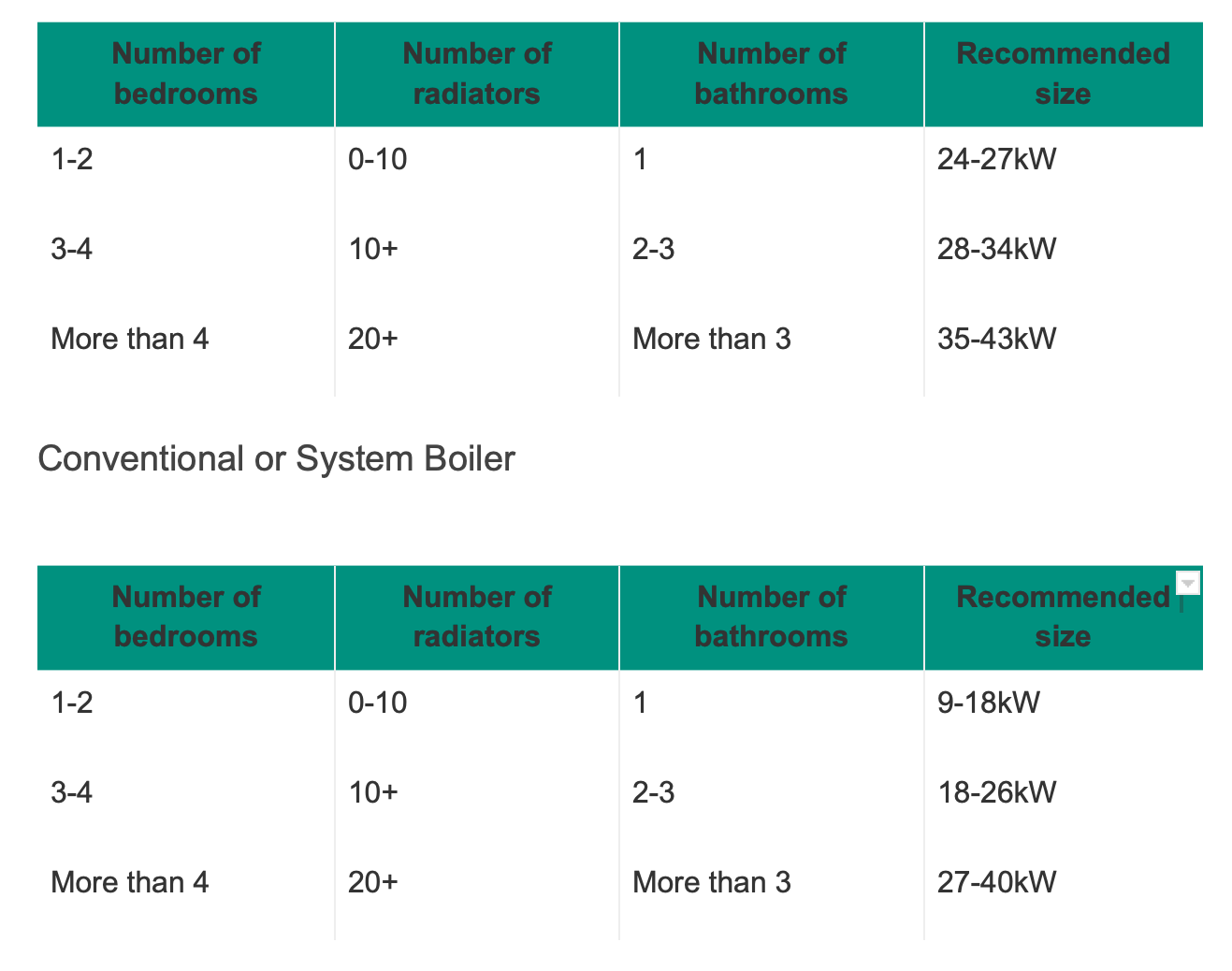How to Choose the Right Boiler to Install
RH Business Marketing Solutions
There are a number of good reasons why replacing the boiler for your home is an excellent idea. With winter upon us the last thing you need is it breaking down on a cold night with a costly call out and repair bill to pay. With the current cost of fuel being eye-wateringly high, now could be a great moment to invest in a fuel efficient, modern boiler that could pay for itself quite quickly.
Once the decision is made to go for a new boiler how do you choose the right one to install? How do you know the costs to install a new boiler? Looking at websites and showrooms can be pretty overwhelming so we are here to guide you through what you need consideri when choosing the right boiler for you. Essentially it is purchasing the correct type and size of boiler and that is determined by the amount of hot water you need, how big your property is and what fuel source is available to you.
What are the factors to be considered in selecting a boiler?
Before even looking at what's on the market you’ll need to consider the below factors:
Available fuel source.
Size of property.
Available space
Cost
Efficiency.
Environmental factors.
Futureproofing.
Fuel Source
Gas
Mains gas is the usual source of fuel for a domestic boiler supplying hot water and a heating system. 85% of British homes are connected to the main grid so unless you are going down the renewable energy route, this is the most popular option.
LPG (liquid petroleum gas)
If you’re not on the national grid, LPG can be a good alternative to oil or electric. It is more energy efficient and produces less carbon than oil or coal. It is generally more expensive than oil.
Oil
Traditionally oil has been the alternative fuel source where mains gas isn't available. You will need to store it in a tank and ensure reglar deliveries through the colder months.
Electricity
Electric heating systems have had a bad press, think lukewarm storage heaters and non responsive cookers, but modern technology has created a new wave of electric boilers which could be a great option for your home. As fossil fuels are being phased out and more electricity now being produced by wind and sun, this may well be a good way to future proof your new boiler installation.
Bio Fuel
Whether you are off gas mains or want to explore more renewable energy sources for a new boiler, bio mass is on the up. A boiler designed to work with wood - either traditional logs or more commonly, wood pellets is a viable alternative if you have space to store the fuel and decent access for the delivery of it. Carbon neutral, it is seen as one of the more sustainable options for heating your home.
Types of Central Heating Boiler
There are three main types of boiler.
Conventional Boiler
Conventional boilers require separate tanks for both hot water and cold water. They do not supply instant hot water, hot water is stored in a tank. Most older systems will be using this type of boiler and you may find it easier to replace your old boiler with the same. Good for areas where the main water pressure isn’t very high.
Combination Boiler
Often referred to as a combi-boiler, combination boilers work by supplying hot water on demand, straight from the mains so there is no need for a water tank. Small and compact they are an ideal choice if you’re short of space and your hot water demands aren’t too great.
System Boiler
System boilers take their water supply directly from a mains feed. They heat water into a hot water tank as well as into your central heating system. Useful if you don’t have any attic space to house a cold water tank. They can also handle a larger capacity making it a good choice for larger properties requiring lots of hot water at the same time.
Which Boiler Do I Need?
Having explored the types of fuel and boiler types, you next have to establish which is the best boiler for your house. System boiler vs regular boiler or is a combi-boiler best for you? Read on to find out.
Household
How big is your property and how many people live there? If it is a large property with a family who all want to have a shower at the same time, a combi-boiler will not be effective. They are more suited to a smaller home with only one or two bathrooms.
Space
What sort of room do you have for your boiler? A system boiler requires space for a large tank whereas a combi boiler can happily sit behind a regular kitchen cupboard.
Existing System
Replacing like for like will usually be the best plan as changing to a different system can be costly - get expert advice from a heating engineer about the pros and cons of switching.
How do I know what size boiler I need for my house?
The output of a boiler is measured in kilowatts (kW). The more heat and hot water you need the higher the wattage required.
Combi boiler
Final Thoughts
Armed with the above info you will now be able to start your search for the perfect boiler for your home with a lot more confidence. It’s worth researching lots of manufacturers before getting advice and a quote from a trusted heating engineer to help you keep you warm and toasty this winter.

